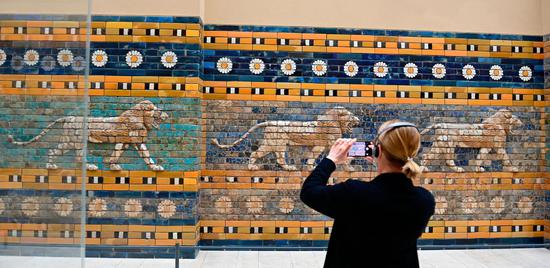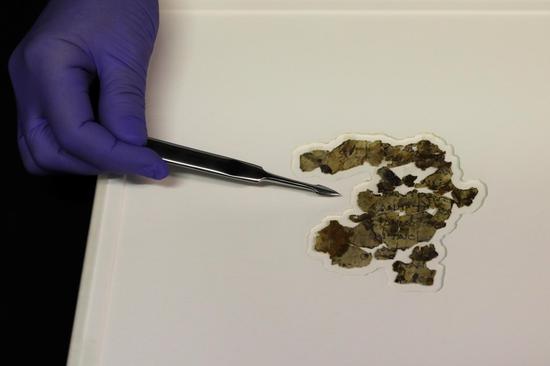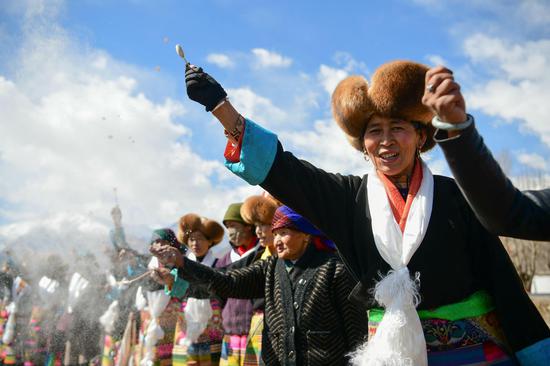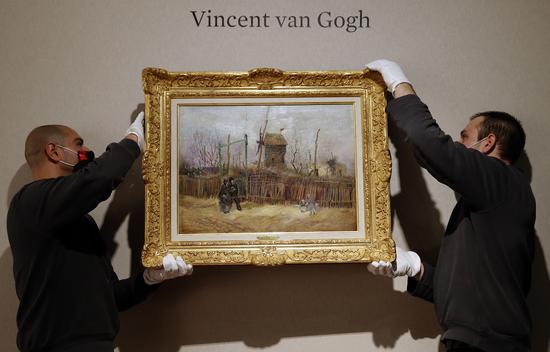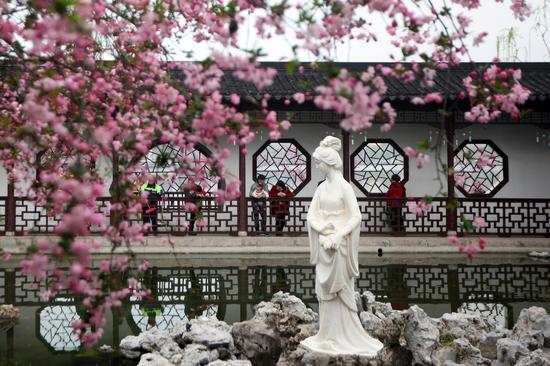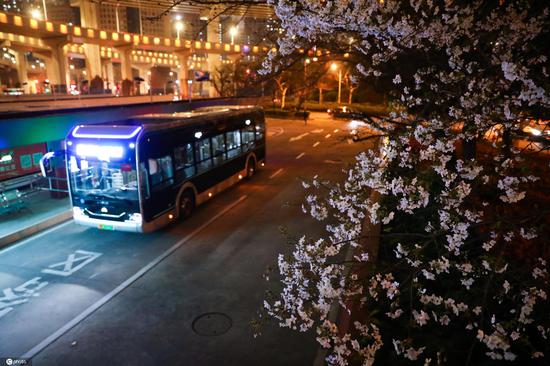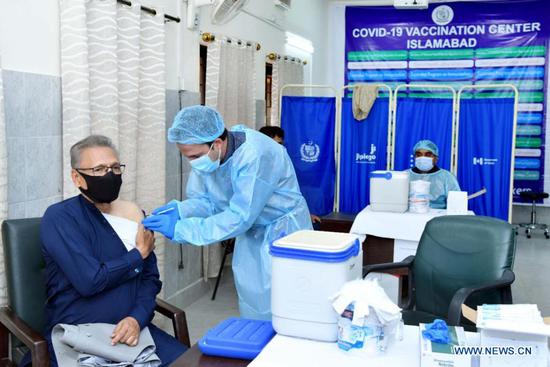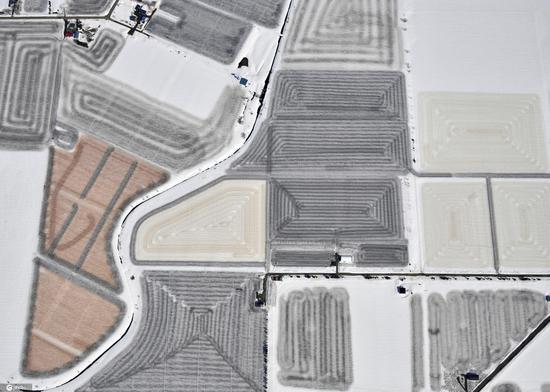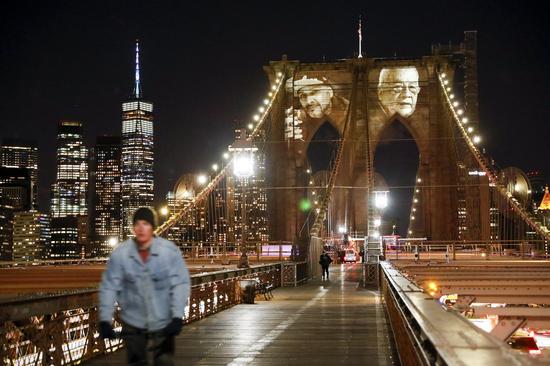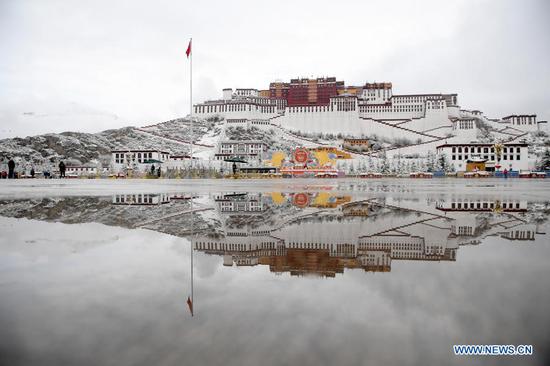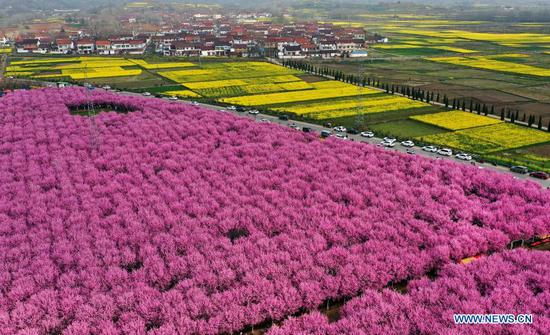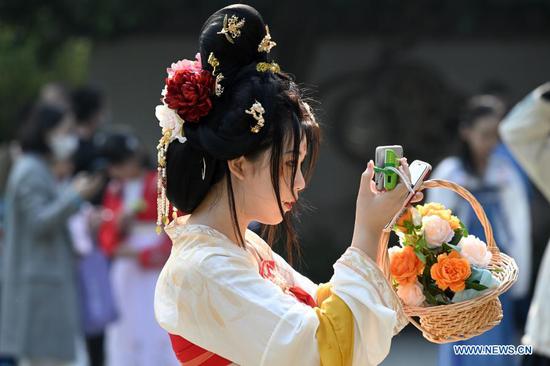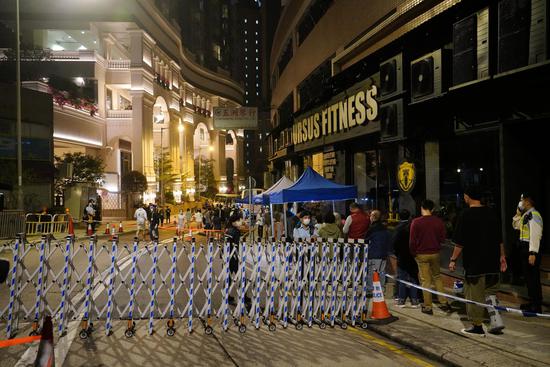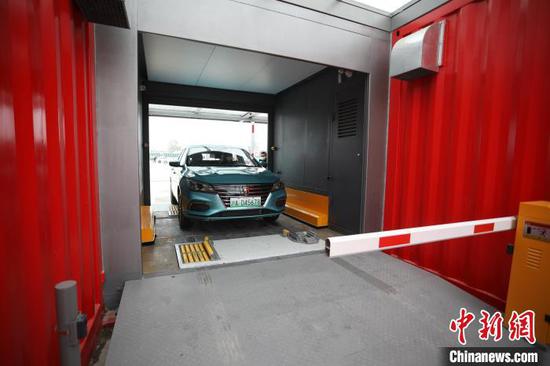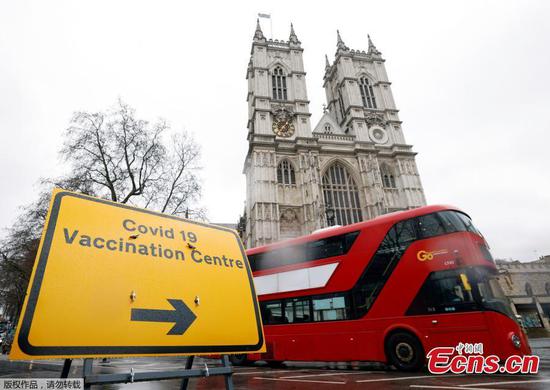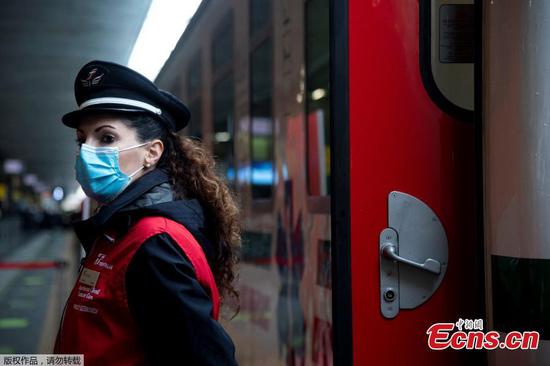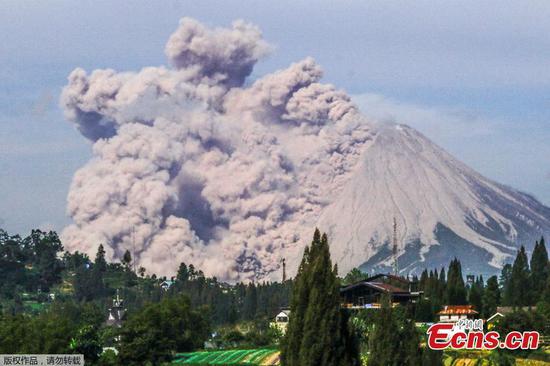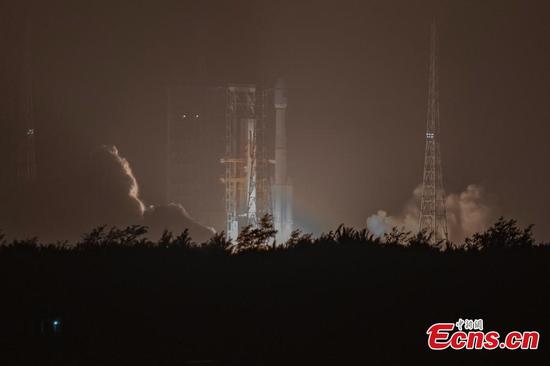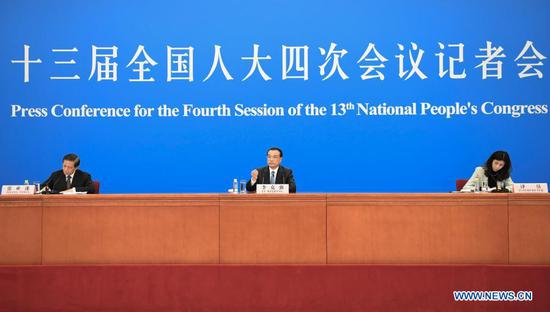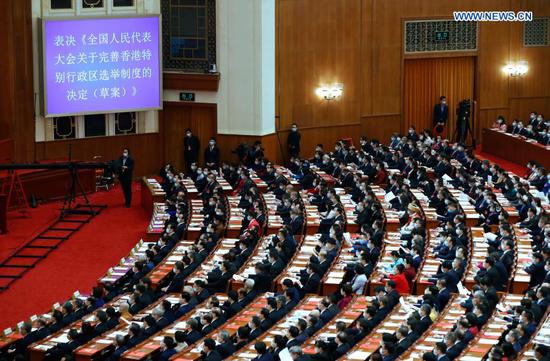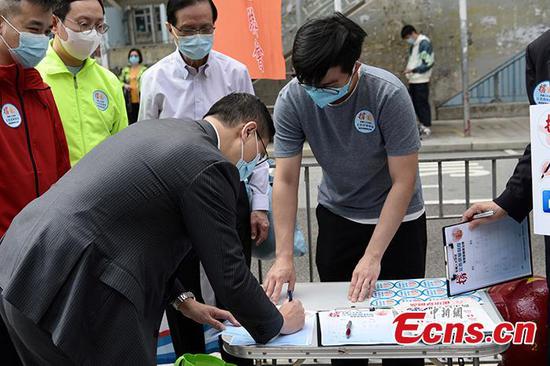The electoral reform for the Hong Kong Special Administrative Region (HKSAR) will bring about a "new vista" and "landscape" in the city's legislature, with patriotism binding everyone together "with one heart, one mind, and one purpose", says Chief Secretary for Administration Matthew Cheung Kin-chung.
"That's really Hong Kong's future," Cheung told China Daily in an exclusive interview on Monday, as work began to improve the electoral system of the HKSAR and to institute safeguards for the "patriots governing Hong Kong" principle.
The new landscape Cheung envisaged will see more effective governance, under which there will be a more harmonious environment, and greater room for constructive debate over policies concerning people's livelihoods and the city's development. "Loving Hong Kong and loving the country" will be an important ingredient and propel the Legislative Council forward.
But, Cheung said, it will not shut the door on different views from the opposition. Instead, more voices will be heard, particularly those of the grassroots and ordinary people, he added.
The size and composition of the city's Election Committee and LegCo constituencies will undergo adjustments, according to Thursday's decision by the national legislature on electoral reform. The number of Election Committee members will rise from 1,200 to 1,500. The number of seats in the legislature will increase from 70 to 90.
All people who meet the minimum requirements — be patriotic, love Hong Kong and abide by the law — will be eligible to run for elections, Cheung said.
Cheung refuted the "unfair" comments by some countries that are trying to demonize the city's electoral reform, including members of the Group of Seven. He said these countries are wrong in seeing Chinese mainland as a threat, as the mainland believes in peaceful development and collaboration, not confrontation. A good case in point, he said, is the country's efforts to provide African nations with COVID-19 vaccines.
In Cheung's view, the National Security Law for Hong Kong, which took effect on June 30, the electoral revamp and the nation's 14th Five-Year Plan (2021-25), which has a chapter designated to the development of the HKSAR and Macao, are the "three pillars" that will stabilize the HKSAR and take the global financial hub forward.
The SAR government is mulling a campaign to tell the local community and the world about the significance of the electoral revamp and to dispel rumors, Cheung said.
Tight time frame
With three elections set to take place in the next 12 months, the government is facing a tight schedule to complete local legislation after the Standing Committee of the National People's Congress, the country's top legislature, amends Annex I and Annex II to the HKSAR's Basic Law, which clarify the method of selection of the chief executive and the formation of LegCo.
The legislative polls, which were postponed last year due to the pandemic, are scheduled for Sept 5 amid fresh speculation about another delay. Chief Executive Carrie Lam Cheng Yuet-ngor has revealed that the Election Committee Subsector Elections will take place before the LegCo elections, and the chief executive election is expected to be held in March next year.
The time frame is very tight, Cheung said. But the HKSAR government will draft the bill on local legislation, work with LegCo and prepare for the forthcoming elections once the details of the electoral improvements are ironed out by the NPCSC, he said.
"We expect this (scrutiny and deliberation over the bill in LegCo) to take at least several weeks, with a few weeks in drafting (the bill)," he said.
The chief executive will head a cross-sector task force on the electoral changes. "We must make it a success in the next 12 months," Cheung said.









